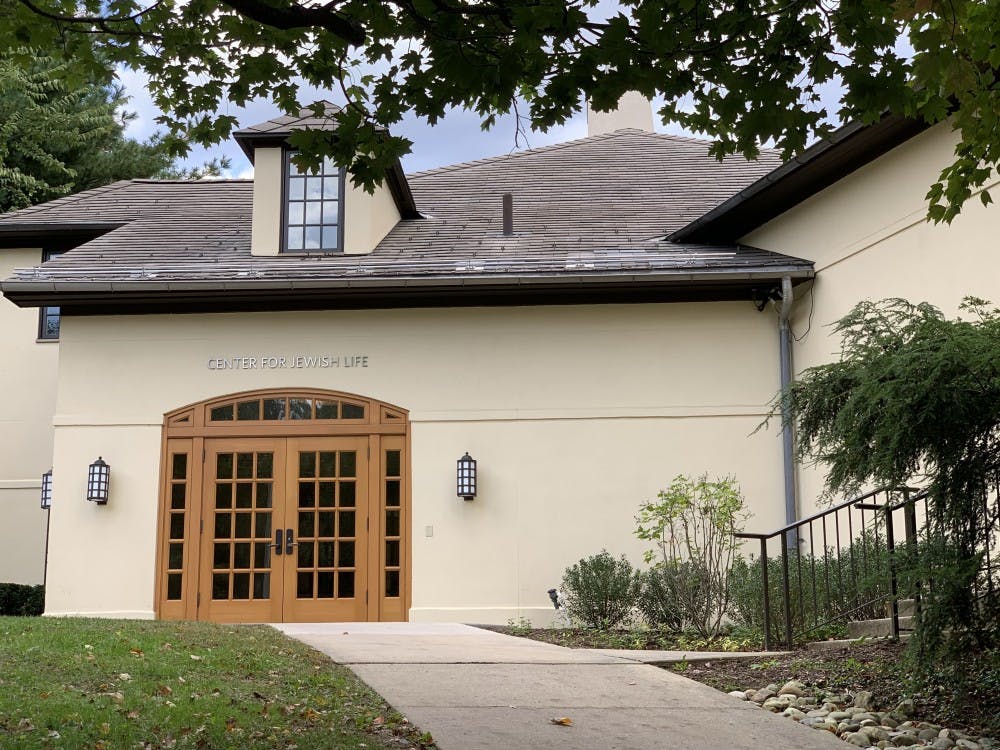In response to the recent Caterpillar referendum, certain people on campus chose to respond in a way that feigned good faith but when examined more closely, betrayed a misleading, false neutrality. Rabbi Julie Roth, representing the Center for Jewish Life (CJL), sent out an update to “alumni, parents, and friends” of the CJL, thankfully excluding most current undergraduates. Her email expressed the institutional commitment of the CJL to opposing the referendum, all the while validating all Jewish students “regardless of their position on the referendum.” Following this, former Israeli Defense Forces soldier Jacob Katz professed uncertainty about the complexity of the conflict in order to disarm criticism of Palestinian oppression by Israel.
Beginning with the CJL letter, let’s reflect on the openly contradictory priorities at play. On the one hand, the CJL is resolutely opposed to the referendum and the BDS movement associated with it on the grounds that the Jewish campus community is, or should be, united around the conclusion that the referendum is an attack on our persons, individually and collectively, as Princeton Jews.
On the other hand, Rabbi Julie’s note purports to also promise that every Jewish student, regardless of our perspective on the referendum, should feel totally welcome and on equal footing within the CJL. In order to reconcile these priorities, the CJL would need to simultaneously be a political and an apolitical space. As you can tell if you are reading this, because obviously you can read, this is not at all how it works, nor is there a reality in which this could work. But Roth and the CJL are not alone in wanting to have their cake and eat it, too.
Like the CJL, Jacob Katz also replaced discussion of nuance with a mere reference to the existence of nuance. The conflict implicated in the referendum, Katz assures us, is just too complicated to possibly understand. We therefore should hesitate to take a stance or do anything too significant about it, Katz claims. One wonders if joining one of the concerned parties’ military side would qualify as adopting such an arrogant stance. Katz goes on to admonish supporters of the referendum for indulging in empty, performative activism. To sum up, he argues that too much is being done by people who don’t understand the situation, but also that what they are doing actually amounts to nothing. Evidently, the impact of the referendum hinges more on which paragraph of Katz’s article you happen to be reading than, well, anything else.
Whether it is the CJL cynically promoting Jewish unity against solidarity with Palestinians, or Jacob Katz chastising people for taking a stance after he has done the same many times over, we should be wary of rhetoric that seeks to divert us from trying to grasp and deal with the conflict in the region. Katz is not wrong, strictly speaking, at least in that the occupation is nontrivial to understand. But intellectual intimidation and baseless references to antisemitism should not discourage us from continuing to develop this understanding.
Braden Flax is a senior from Merrick, N.Y. He can be reached at bflax@princeton.edu.








